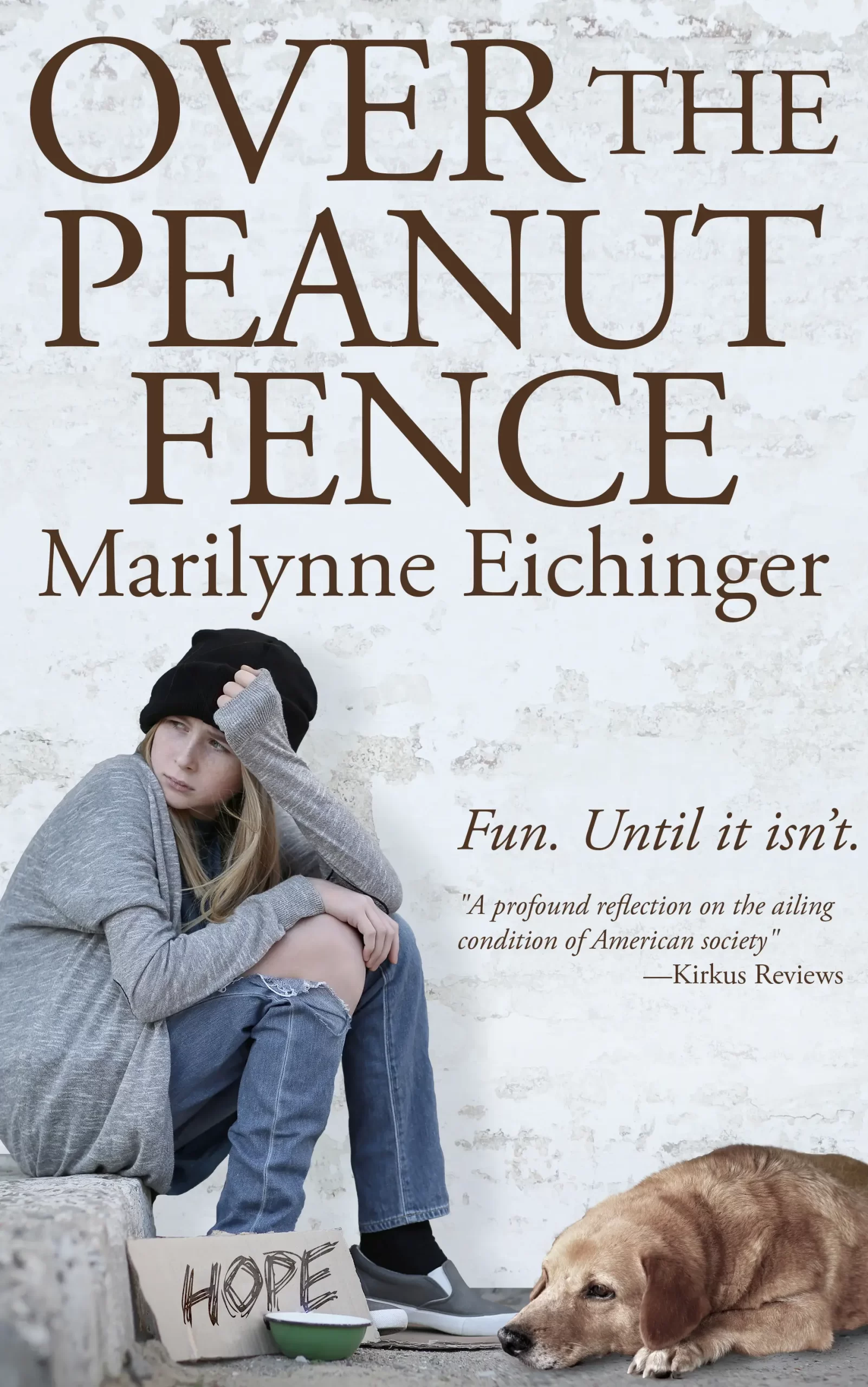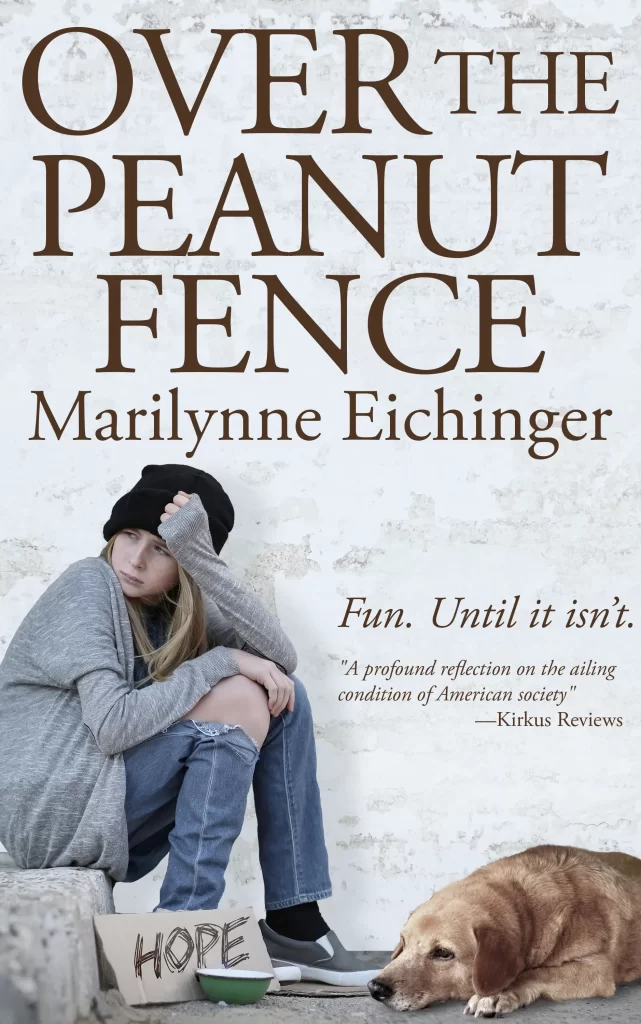
What will turn The Three Sirens into curious, involved adults living a full, balanced, joyful life? Will they turn off their phones, become activists tackling the world’s problems, or only consider themselves? What teachings will they pass on to the next generation?
Until my fifties, I looked for mentors who inspired me to act judiciously, seize the moment, be a better person, and not give up my dreams. The individuals I admired had a broad outlook and were willing to take risks to expand their perspectives. They opened my consciousness to a deeper understanding of nature, science, art, and humanity and encouraged me to get involved in the community, stepping out of my comfort zone. The activities I once feared often became my best memories after trying them.
Mrs. Lambert, my high school English teacher, put the icing on a love of reading by challenging me to understand why characters behaved as they did. A female anthropology professor at Boston University showed me that a woman could go off by herself and safely observe the culture of an isolated South American tribe. I enrolled in her classes, wanting to follow in her footsteps. Though I never became an anthropologist, she made me aware that cultures evolve economic, religious, familial, political, and social systems that differ. The key to understanding people lies in part in knowing the systems intricacies of their childhood communities. That every individual sees the world through a lens grounded by culture, family, and experience was an important lesson to learn. I stopped evaluating friends and strangers from the pedestal of a white, educated, middle-class American woman and tried to put myself inside their heads.
When I became a mother, I reverted to how my parents raised me. I was fortunate to be loved and exposed to the arts and sciences. They took me to museums, the theater, and the symphony. I was enrolled in dance, art, music, and science and participated in outdoor activities and sports. They aimed to establish a life-long exercise practice and the desire to create. They instilled the trait of curiosity and helped me see failure as a stepping stone to success. I was encouraged to follow my dreams, freeing me to be myself.
So, I embraced my parent’s ways when raising my clan of five, interacting with staff, and mentoring children to help them become the best versions of themselves. I utilized research findings of developmental psychologist Jean Piaget, educator Maria Montessori, and psychologist Howard Gardner, varying the way I interacted according to their learning styles; i.e., some learned best with tactile activities, others with visual aids, and still others with auditory assists, etc.
The search for mentors continued until my sixties when a neuroscientist colleague advised me to change my focus, develop new hobbies, activities, and exercise routines, and reinvent myself in retirement. Following her advice put me in the mindset of a twenty-year-old out to conquer the world. I was ready to pass the baton by using my skills to make the next generation more robust, but I wasn’t sure how. Were youths the slightest bit interested in gaining from my experiences?
I wanted them to be less self-centered, develop a work ethic, and have real-time interactions rather than virtual ones. I hoped they’d travel, read broadly, laugh a lot, and get serious about saving democracy and promoting peace, starting with their communities. I’d tell them to try new foods, travel abroad, take risks, and face, not fear, life’s hurdles. Above all, I’d say, stay curious.
Hoping their lives would be easier by following my directives was a futile pursuit. They are addicted to cell phones, posting photos on Instagram, and one-word texts embellished with emojis. They spend an inordinate time alone at home, don’t engage in deep conversations, and don’t investigate what they read on social media.
So, what is the best way to incite them to action and pass the baton? Any ideas? Please respond at www.eichingerfineart.com/blog. Share how mentors influenced you and what you do to raise your children or mentor a younger generation.
Suggestions from Senior Living:
- Storytelling Sessions are a timeless tradition of sharing life experiences.
- Join Mentorship Initiatives that share your area of expertise.
- Intergenerational Activities. Like art classes, gardening projects, sporting events, and more.
- Digital Literacy Workshops to make it easier to communicate with youth.
- Family Recipe Sharing and cooking together.
- Cultural Celebrations to impart a rich heritage.
- Hosting Educational Workshops on topics of shared interest.
- Volunteer Opportunities at the Food Bank, Animal Shelter, Zoo, and more.
You might do what I do: one-on-one interactions that include meals, attending local events, and traveling. Send out regular communications and share your lessons; they may read a few. Help them attain their dreams by using your contacts, resources, and advice. Get to know youth outside your family when your children leave home. It’s essential to stay abreast of change.
Reference:
Wasahachie, M. ( 2024) 12 Ways to Pass Down Knowledge to the Younger Generation. Senior Living. Retrieved from https://www.moradaseniorliving.com/senior-living-blog/12-ways-to-pass-down-knowledge-to-the-younger-generation/
Art is always for sale. The Three Sirens are an acrylic painting on 36″ by 12″ canvas. Available from my website for $495, including shipping. Questions? Contact me at marilynne@eichingerfineart.com
__________________________________________________________Over The Peanut Fence is a memoir of caring for a homeless and runaway twenty-year-old youth with personal stories of the people and agencies that helped him. It received rave reviews that I can’t describe better than the one below.
The book is available on Amazon, Barnes and Noble, and Kobo.
“A blend of memoir and sociocultural commentary analyzes the problem of teenage homelessness. Eichinger had known Zach when he was just a child, the victim of his parents’ chronic “negligence and abuse. The author divides her book into several distinct parts: a remembrance of her experience with Zach, a reflection on the root causes of homelessness in the United States, a synopsis of the latest research regarding the functioning of a youth’s brain, an homage to organizations that make a positive difference; and two short stories that dramatize ways in which adolescents can be effectively assisted. While always pragmatic and rigorously empirical, Eichinger finds considerable cause for cautious optimism, especially given studies demonstrating the deep resiliency of youths’ minds to overcome their early traumas. The author’s account is lucidly written, both intellectually thorough and emotionally affecting. In addition, this isn’t a work of ax-grinding political partisanship—Eichinger prefers cool-headed analysis to grandstanding. Further, at the heart of her ‘part memoir and part storybook’ is a profound reflection on the ailing condition of American society, withering from the widespread disintegration of the family and the grim plague of ‘lovelessness.’ An astute and moving assessment of an urgent societal problem.”—Kirkus Reviews
Amazon
and Barnes and Noble https://www.barnesandnoble.com/w/over-the-peanut-fence-marilynne-eichinger/1131146737?ean=9780999892206
Kobo – https://www.kobo.com/ca/en/search?query=over+the+peanut+fence&fclanguages=en
in ebook and paperback editions


